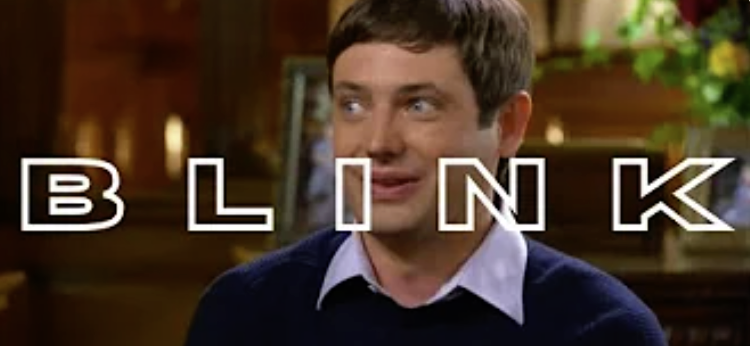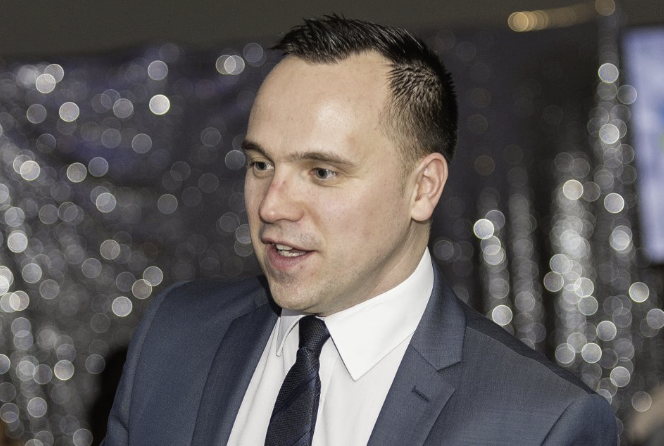In this intriguing YouTube video titled “Can BODY LANGUAGE expose LIES?”, a deception detective with a background in law and statement analysis challenges the conventional wisdom about body language’s ability to detect lies.
The video, exploring the subtleties of human behavior, provides a deep dive into the realm of lie detection, body language interpretation, and the psychology behind deceit.
The analysis focuses on several high-profile cases, offering a fresh perspective on how body language and verbal cues intertwine in the complex dance of truth and deception.
Main Points and Timestamps
- Different Forms of Lying (00:00 – 00:42)
- Discussion on various methods of lying, such as omission and defensive mockery.
- Examples of public figures who exhibit these behaviors.
- Analysis of Burke Ramsay’s Interview (00:42 – 14:00)
- Detailed examination of Burke Ramsay’s body language and verbal responses in an interview with Dr. Phil.
- Emphasis on the pitfalls of relying solely on body language for truth determination.
- Body Language Versus Statement Analysis (14:00 – 21:09)
- Argument that body language is often misleading in detecting deception.
- Advocacy for statement analysis and context as more reliable methods.
- Challenges in Analyzing Body Language (21:09 – 37:33)
- Exploration of the limitations of body language analysis, including the absence of a baseline for comparison.
- The video suggests that body language can indicate stress or nervousness but not the reason behind it.
- Critical Analysis of Interview Techniques (37:33 – End)
- Critique of interview methods and the importance of direct questioning.
- Discussion on the reliability of statement analysis over body language interpretation.
What We Learn
- Body language, while a significant aspect of communication, is not a definitive tool for detecting lies due to its subjective nature.
- Statement analysis, based on word choice and context, provides a more empirical approach to discerning truth.
- Understanding human psychology and behavioral patterns is crucial for accurate lie detection.
- The importance of direct and precise questioning in interviews to elicit truthful responses.
This video is an excellent resource for anyone interested in psychology, criminology, or the art of deception detection. It challenges common perceptions about body language and offers practical insights into more reliable methods of uncovering the truth.

